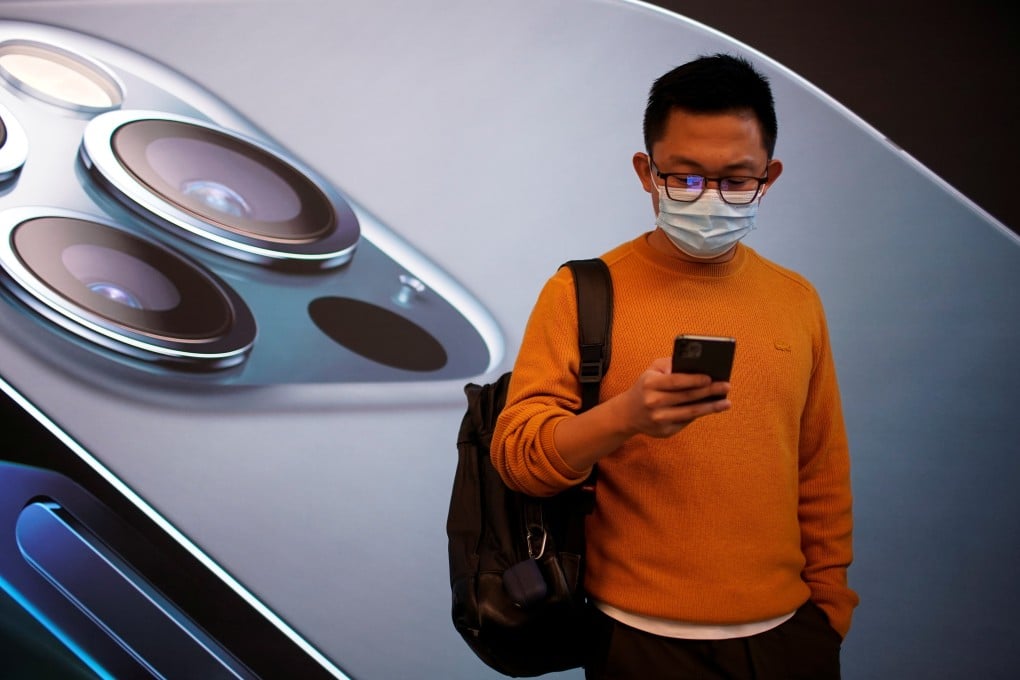Chinese advertisers brace for sea change under Apple’s new privacy rules and Beijing’s policy push
- Mobile advertisers in China are searching for alternative ways to track users ahead of Apple’s new system
- Large platforms are better prepared for new policy, which bans apps from tracking iPhone users’ activities on other services and platforms without consent

Apple’s new limits on tracking iPhone users may benefit internet giants at the cost of small advertisers, but both should prepare to embrace tighter privacy laws amid the Chinese government’s vigorous push to rein in excessive personal data collection on the internet, said industry experts.
The Californian giant’s new rules, slated to be enforced worldwide next week, will require apps to ask users in a pop-up notification whether they agree to be tracked for personalised ads.
Without the users’ consent, apps will be prevented from accessing the so-called Identifier for Advertisers (IDFA), a unique identifier linked to an Apple device that can be used to follow a user’s online activities outside the app.
Chinese advertising professionals are concerned that the new policy will hinder their ability to show targeted ads to iOS users, who made up around 18 per cent of smartphone users in China as of last December, according to analysis firm Statcounter, or roughly 181 million people.

Last year, China’s digital advertising market reached 496 billion yuan (US$76.3 billion), representing a growth of more than 14 per cent from 2019, according to the state-run China Internet Network Information Center (CNNIC).
“Nobody in the mobile advertising industry is really ready for it. They can only accept it,” said Sidney Song, founder of Beijing-based digital marketing consultancy Fenxi. “But not just in China. The whole world isn’t ready.”